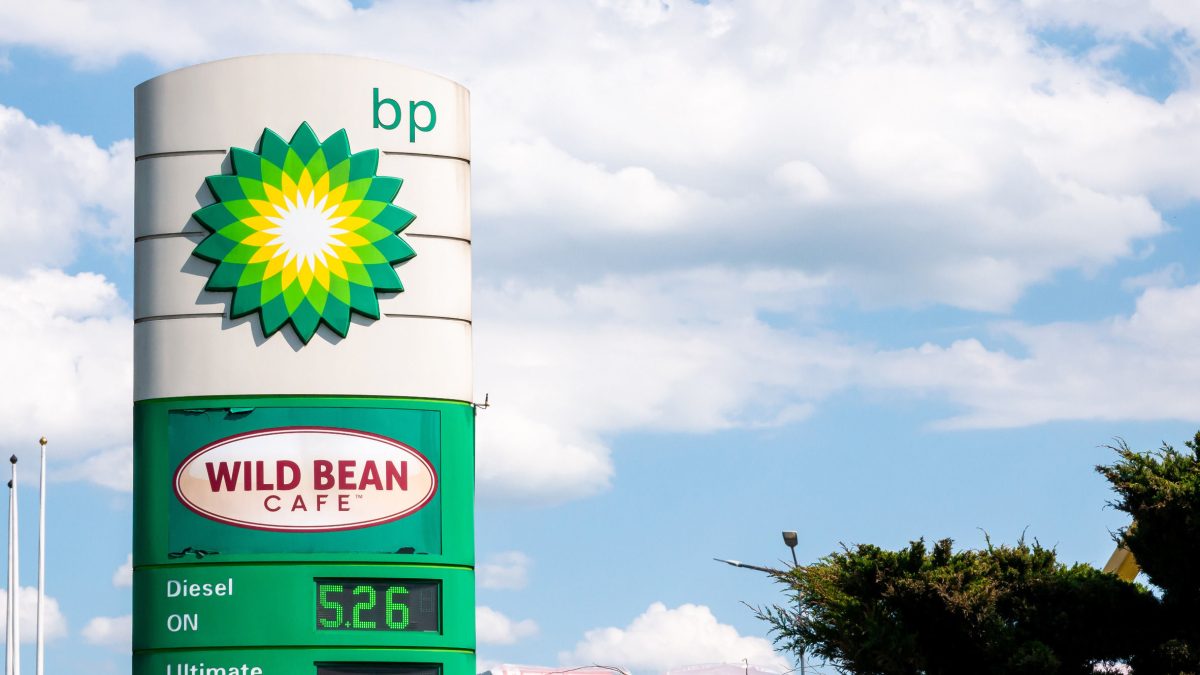British oil major BP recently reported its weakest quarterly earnings since the pandemic-driven downturn of 2020, driven by slumping crude prices and slimmer refining margins.
Despite a dip in earnings, the company’s underlying replacement cost profit of $2.3 billion still surpassed analyst expectations, which stood at $2.1 billion.
For investors, this mixed picture raises a critical question: does BP’s recent financial performance and strategic focus make its stock a buy? Here’s a closer look at what this quarterly result could mean for BP shareholders and prospective investors.
Earnings results: stability amid market pressure?
BP’s third-quarter earnings, while weaker than previous quarters, showcased resilience given the volatile energy market.
The company maintained its dividend at 8 cents per share, which, alongside a planned $1.75 billion share buyback over the next three months, may be seen as a commitment to return value to shareholders even amid lower profits.
While some may view this as a sign of stability, BP’s ability to continue rewarding investors largely depends on future oil prices, which dropped over 17% in the third quarter due to global demand concerns.
BP’s energy transition plans
BP CEO Murray Auchincloss highlighted the company’s focus on a “simpler, more focused, and higher value” approach, emphasizing that BP still sees growth potential in oil and gas while it strategically invests in energy transition initiatives.
Yet, reports suggesting BP might scale back on its commitment to reduce oil and gas production by 2030 add complexity to the investment narrative.
This potential shift suggests BP may focus more heavily on high-yielding fossil fuel assets in the Middle East and Gulf of Mexico, which could provide substantial returns but may also conflict with investor expectations for a swift green transition.
Should you buy BP stock?
BP’s stock has underperformed its European rivals, dropping more than 14% year-to-date as investors grapple with concerns over its energy transition strategy and profitability amid fluctuating oil prices.
While BP’s existing buyback program and dividend stability may appeal to income-focused investors, those seeking growth might find the company’s strategic ambivalence around green energy a potential red flag.
If BP further prioritizes fossil fuel investments over renewables, it could see greater profitability in the short term but potentially face challenges in the long term as global energy policies increasingly favor sustainability.
For investors considering BP, the decision hinges on risk tolerance and investment priorities. BP’s consistent dividends and buyback initiatives may be attractive for those seeking stable income, but the stock’s future growth remains tightly tied to volatile oil prices.
Investors more focused on long-term growth and ESG (environmental, social, and governance) criteria might look cautiously at BP’s potential pivot back towards traditional energy sources.
With upcoming quarterly reports from other oil majors like Shell, TotalEnergies, Exxon Mobil, and Chevron, BP’s performance could provide a benchmark for the sector, revealing how energy companies are balancing profit generation with sustainability commitments.
In this evolving energy landscape, BP’s stock may appeal to value-driven investors, but a cautious approach might be prudent given the uncertain trajectory of oil prices and the company’s shifting energy transition strategy.
The post BP’s weakest earnings in years: should investors buy the stock amid lower oil prices? appeared first on Invezz

